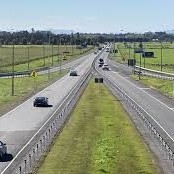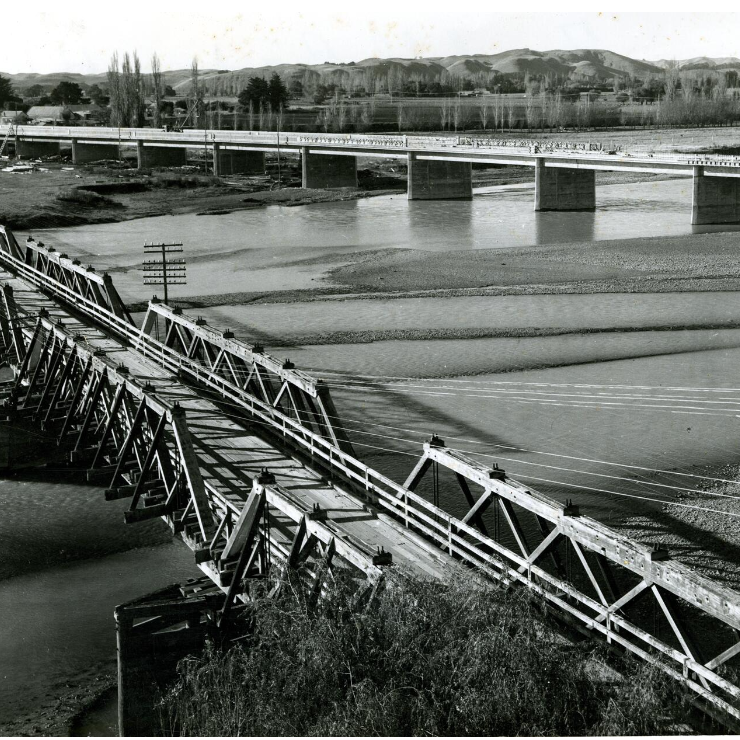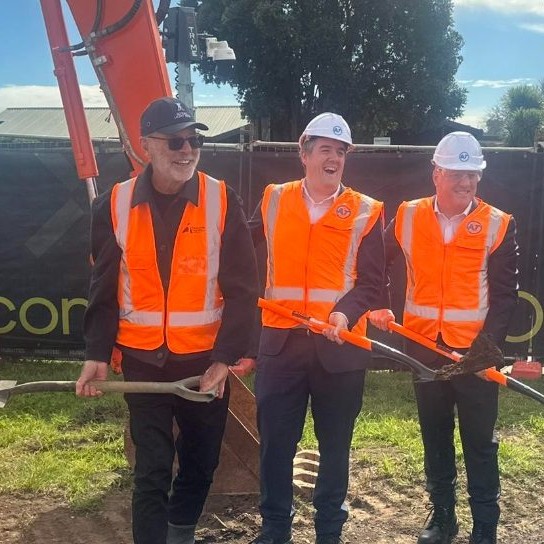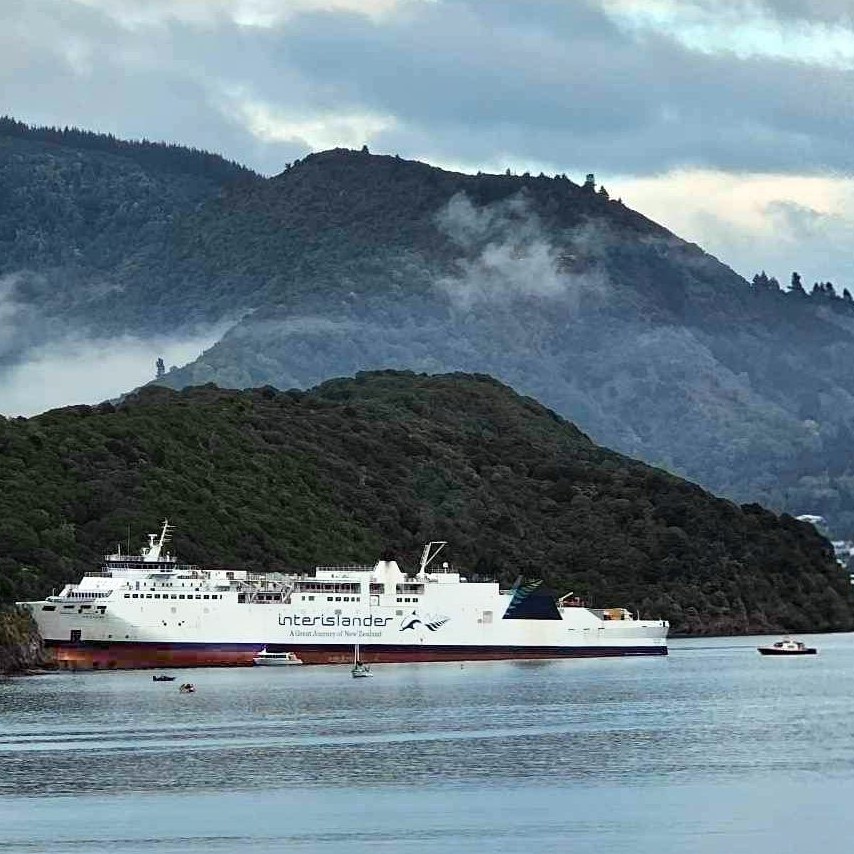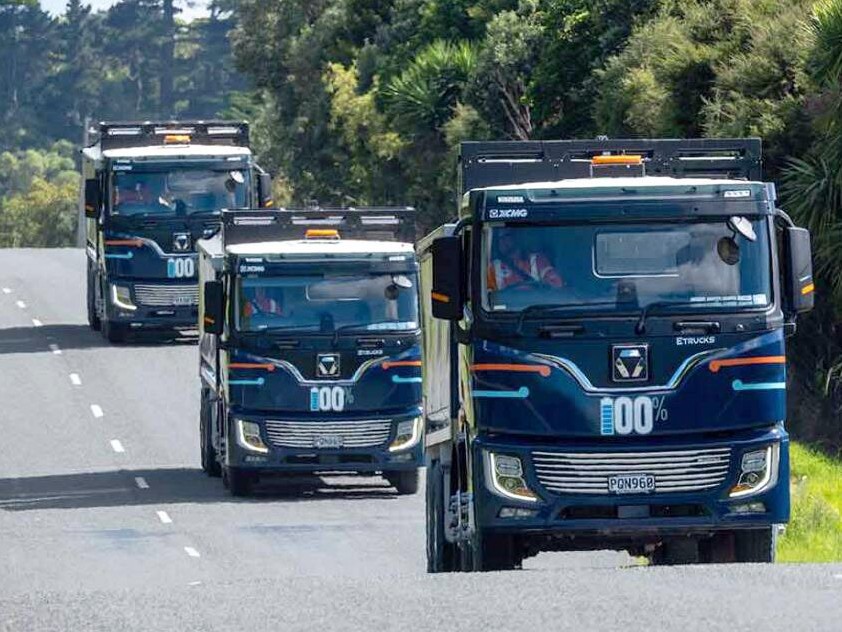
The peak body for road freight, Transporting New Zealand is welcoming progress on Low Emission Freight Certificates, a practical emissions reduction tool for trucking businesses and their customers.
Formerly known as Renewable Freight Certificates, the framework is a market-based incentive for freight customers to reduce their supply chain emissions.
Certificates would be granted to road freight companies operating low-emission vehicles, based on freight tonnage and distance moved. Road freight customers anywhere in the country could buy these certificates to reduce their supply chain (Scope 3) emissions, helping to fund cleaner freight options.
Updates given on the programme at the Sustainable Business Council’s Climate Change and Business Conference earlier this week showed there are many freight businesses and procurers of freight services ready to participate.
Chief Executive of Transporting New Zealand, Dom Kalasih says that the certificate system would enable freight companies and their customers to make meaningful strides towards decarbonisation without compromising productivity.
“Transporting New Zealand supports this initiative from the Sustainable Business Council and DETA. It recognises that freight customers have a key role to play in helping transport companies invest in lower emission technologies.”
“These low emission freight certificates allow freight customers to pay a premium for a lower emission product. This will allow further investment in lower emission technology by freight operators.”
Kalasih also highlighted practical energy efficiency measures that all road freight companies could investigate.
“While we’re excited about the progress on low emission freight certificates, we also want people to know that you don’t have to drive a battery electric or hydrogen vehicle to make a difference,” Kalasih said.
Transporting New Zealand acknowledges the many barriers to decarbonising road freight, not least high capital costs and availability of charging infrastructure.
“Upgrading New Zealand’s fleet to low and zero-emissions vehicles will be costly in the short-term, and most operators cannot make that upfront investment right now. But there are actions that all operators can take.
“Route optimisation, backloading, regular maintenance and utilising larger, higher capacity trucks are all proven methods to increase fuel efficiency and reduce emissions.”
Kalasih said Transporting New Zealand are also planning to launch a heavy vehicle decarbonisation resource at the end of October and would release more details shortly.
For more information please contact:
Dom Kalasih, Chief Executive, on 027 441 4309 or email Dom@transporting.nz
Billy Clemens, Head of Policy and Advocacy, 027 304 1877 or email billy@transporting.nz
